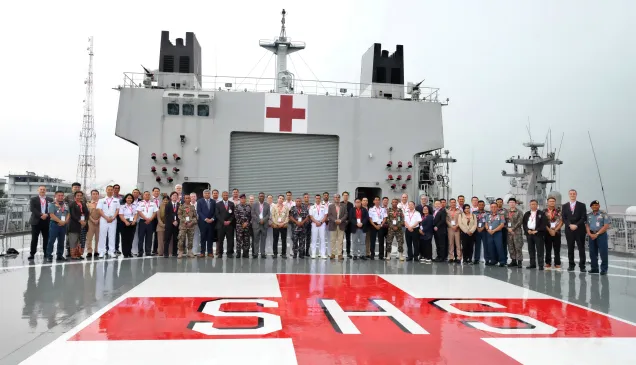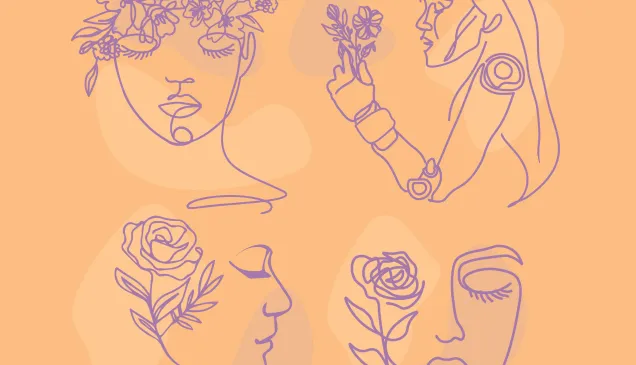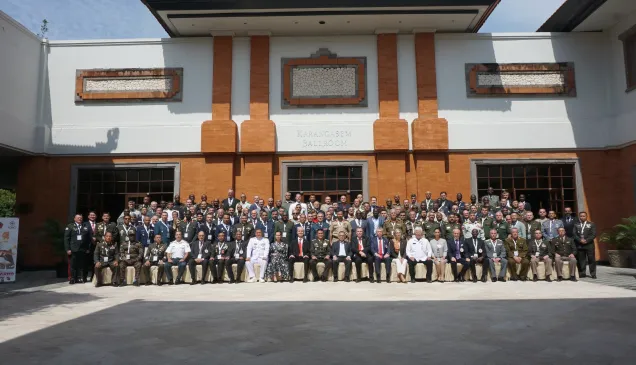COVID-19: ICRC, KOICA sign agreement to support Indonesian prisons
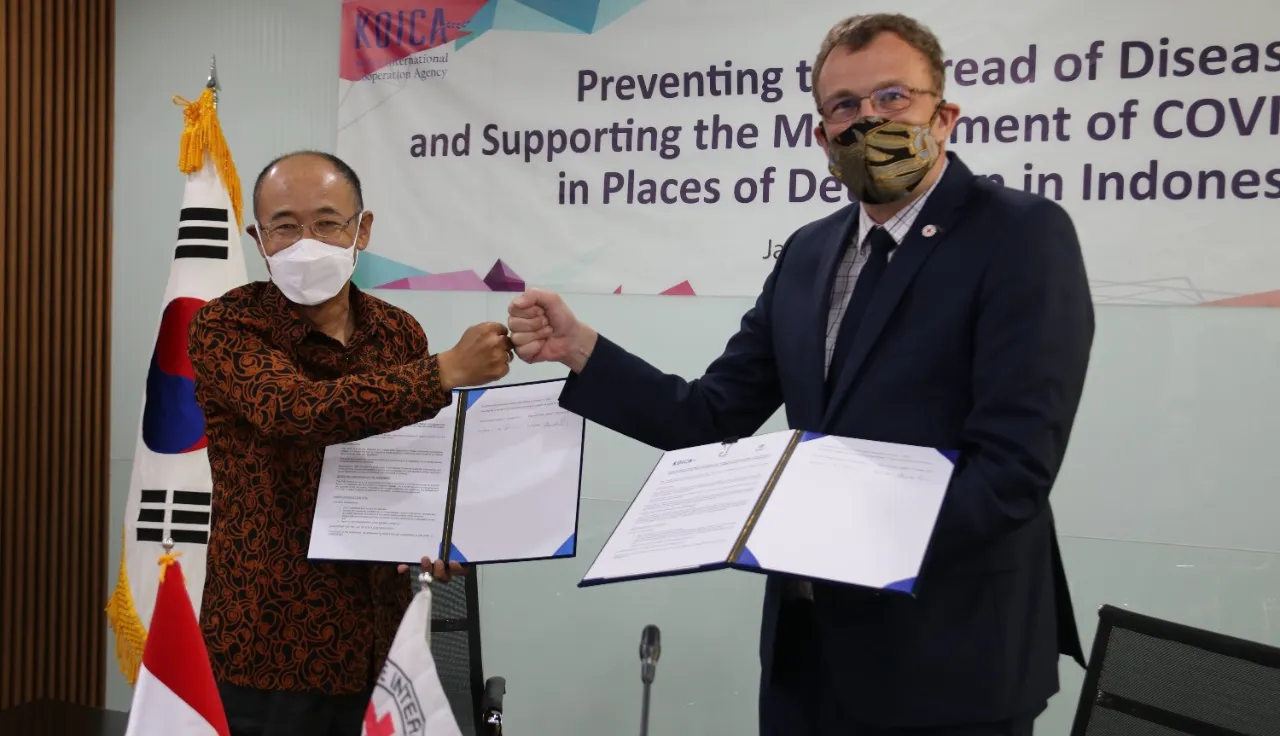
The COVID-19 pandemic has posed unique challenges in places of detention worldwide. Given the specific vulnerabilities of detainees and the difficulties faced while controlling the spread of the virus in these settings, concentrated efforts have been made all over the world. Indonesia is no exception.
Marking the first-ever partnership between the two organizations, the Korea International Cooperation Agency (KOICA) and International Committee of the Red Cross (ICRC) have committed to supporting the Indonesian authorities in controlling the spread of COVID-19 in places of detention and mitigating the effects of the pandemic.
The commitment was formalized on 7 October 2020 through a Memorandum of Understanding (MoU) for 200,000 US dollars that have been provided by KOICA to the ICRC regional delegation to Indonesia and Timor-Leste. The funding is expected to enable the ICRC to expand its material and technical support to 67 prisons in six provinces, thereby benefiting over 57,600 inmates.

"During post-COVID-19 outbreak, Korean people have been helping the people of Indonesia through KOICA since April. However, when we found out about the ICRC's special and meaningful work that might be difficult for other organizations to undertake, we – at KOICA –decided to extend our support to them," said Hoejin Jeong, the country director of KOICA Indonesia office.
"On behalf of the Korean people, we are so glad to offer support to help mitigate the spread of the disease in correction facilities in close cooperation with the ICRC. Despite prolonged difficulties caused by the disease, we wish the Indonesian people well and ask them not to lose hope, but instead get over this unitedly," he added.
"The ICRC is working closely with prison authorities to minimize the spread of COVID-19 in places of detention not only in Indonesia, but in more than 50 countries worldwide," said Alexandre Faite, head of the ICRC regional delegation for Indonesia and Timor-Leste. "In Indonesia, we are privileged to partner with the Directorate General of Corrections that is specifically working in this direction and has taken effective measures to control the spread of the pandemic."
Mr Faite expressed his highest appreciation for KOICA's first-ever funding received by the ICRC worldwide. "This would allow us to step up our efforts in reaching out to more prisons by way of increased distribution of aid material and provision of technical support to prison authorities," he added.
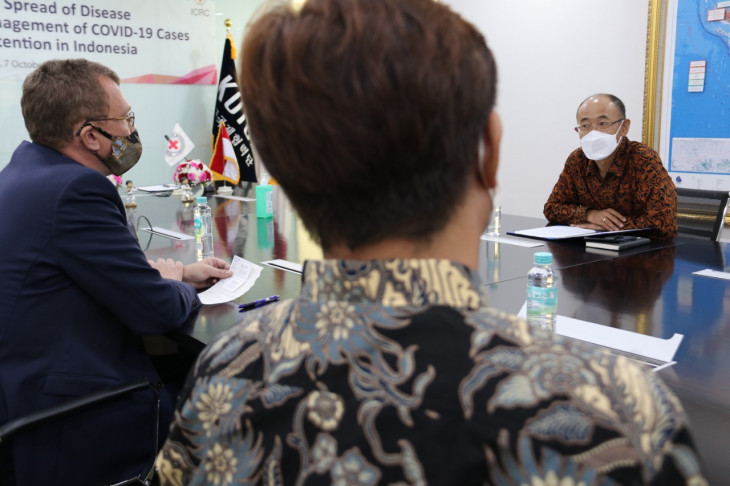
In response to the pandemic, the ICRC delegation in Jakarta had earlier distributed hygiene material to 73 prisons in seven provinces, namely Jakarta, Banten, West Java, Lampung, East Java, Bali and South Sulawesi and pesantren (Islamic boarding schools). The humanitarian organization also engaged with religious circles via the online medium in an effort to spread accurate and credible health and hygiene information as well as key information on the dignified and safe burial of the dead.
Moreover, the ICRC has adapted its programmes to support the national authorities in their efforts to fight the pandemic, including technical and material support for management of the dead and ambulance services in close cooperation with the Indonesian Red Cross (PMI).
On their part, KOICA had earlier launched the "ABC Program", or the "Agenda for Building resilience against COVID-19 through development cooperation", as part of their COVID-19 response.
KOICA Indonesia is also running an inclusive cooperation programme to combat COVID-19 with a total budget of 6 million USD. This includes activities such as the provision of medical equipment to hospitals, capacity-building of medical personnel as well as community-based COVID-19 response.
This increased cooperation between KOICA and the Indonesian government is also reflected in the enhanced relationship between Korea and Indonesia under the framework of Special Strategic Partnership.

